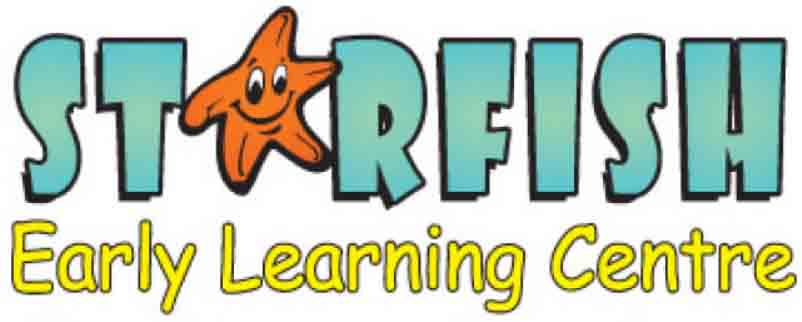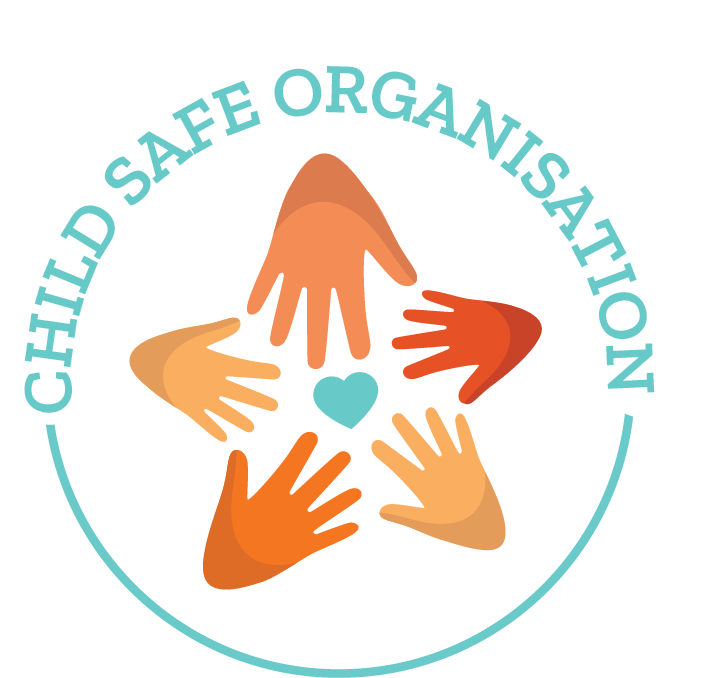The journey to kindergarten readiness is an exciting and developmental process. As your child grows, so do their needs and abilities. Starfish Early Learning Centre (ELC) are proud of the part we play in nurturing and aiding your child’s development.
Today we’ll explore tailored tips for different age groups, ensuring a comprehensive
approach to get your child ready for kindergarten.
Essential Skills to Foster Before Kindergarten
1. Toddlers (1-2 years): Exploring the Basics
Motor Skills: Encourage crawling, walking, and simple grasping activities to build basic motor skills.
Language Development: Introduce simple words and engage in expressive language through songs and short stories.
2. Pre-Kindergarteners (3-4 years): Advanced Preparations
Numeracy Basics: Introduce counting through everyday activities and basic number recognition.
Independence: Foster self-help skills like dressing, using the restroom independently, and tidying up after play.
3. Preschoolers (4-5 years): Building Foundations
Fine Motor Skills: Focus on activities like drawing, colouring, and using scissors to refine hand-eye coordination.
Early Literacy: Read together regularly to enhance language skills and expose your child to letters and basic vocabulary.
Navigating Emotional Readiness for School
1. Toddlers (1-2 years): Building Trust
Attachment Building: Establish a secure attachment through responsive caregiving and positive interactions.
Introduction to Routine: Introduce simple routines to create a sense of predictability and security.
2. Pre-Kindergarteners (3-4 years): Developing Empathy
Empathy Building: Discuss feelings and situations that may evoke different emotions in themselves and others.
Group Activities: Engage in structured group activities to promote cooperation and teamwork.
3. Preschoolers (4-5 years): Emotional Expression
Emotion Identification: Teach your child to recognize and express basic emotions through play and conversation.
Social Play: Encourage parallel play and simple social interactions to build comfort in group settings.
Interactive Learning Activities at Home
1. Toddlers (1-2 years): Sensory Exploration
Sensory Play: Introduce sensory activities like finger painting, exploring textures, and playing with simple puzzles.
Basic Shape and Color Recognition: Incorporate simple discussions about shapes and colours during play.
2. Pre-Kindergarteners (3-4 years): Pre-Academic Activities
Counting Games: Play games that involve counting objects and recognizing numbers.
Simple Phonics: Introduce basic phonics through rhyming games and sounding out simple words.
3. Preschoolers (4-5 years): Creative Exploration
Art and Craft: Encourage creativity through art and craft activities, allowing your child to express themselves.
Letter Recognition Games: Introduce simple letter recognition through games and interactive activities.
Developing Social Skills for Young Learners
1. Toddlers (1-2 years): Parallel Play Introduction
Playdates: Arrange short playdates to introduce the concept of playing alongside other children.
Sharing and Turn-Taking: Begin introducing the importance of sharing toys and taking turns.
2. Pre-Kindergarteners (3-4 years): Friendship Building
Structured Group Activities: Enrol your child in classes or clubs to build relationships and enhance social skills.
Conflict Resolution: Teach simple conflict resolution strategies and the importance of communication.
3. Preschoolers (4-5 years): Cooperative Play
Group Play: Encourage games that involve cooperation and interaction with peers.
Problem-Solving Play: Foster problem-solving skills through group activities and games.
Preparing for a Routine: Bedtime and Morning Rituals
1. Toddlers (1-2 years): Establishing a Sleep Routine
Consistent Bedtime: Set a regular bedtime to establish a routine that promotes healthy sleep habits.
Calm Bedtime Rituals: Create a calming bedtime routine with activities like reading a short bedtime story.
2. Pre-Kindergarteners (3-4 years): Independent Morning Routine
Independence: Encourage your child to take charge of their morning routine with minimal assistance.
Responsibility: Foster a sense of responsibility by involving them in planning and organising for the day.
3. Preschoolers (4-5 years): Morning Routine Introduction
Morning Tasks: Introduce simple morning tasks like getting dressed and brushing teeth.
Morning Conversations: Engage in morning conversations about the day ahead to create a positive start.
By tailoring your approach to your child’s age, you can address their specific developmental needs and ensure a well-rounded preparation for kindergarten. Whether your child is a toddler starting childcare or preparing for their first day of kindergarten, remember to adapt these tips based on your child’s unique pace and preferences, providing them with the support and encouragement they need for a successful start to their educational journey.
To learn more and book a tour, contact us today.

